Issue: Spring 2014
35 results
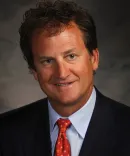
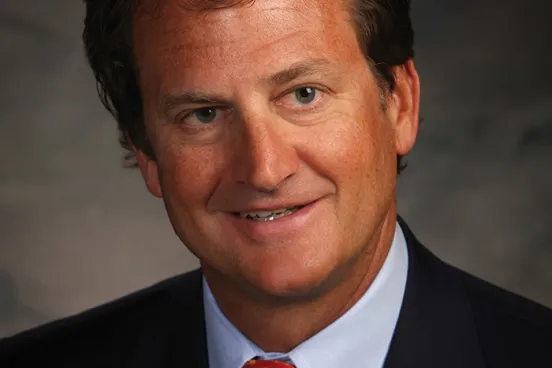
Impact Spring 2014
Bill Goodspeed, ’83: Building Something Enduring with ZEAL
Bill Goodspeed, ’83, built his career on the belief that you can do business and do good. He’s eager to help Michigan Law students understand the same. Goodspeed recently documented a $250,000 bequest to the Law School—$125,000 for clinics that serve indigent populations and $125,000 for the Zell Entrepreneurship and Law (ZEAL) Program.


Cover Story Spring 2014
Glenn Oliver, ’87: Tapping Innovation for Water Utilities
Most of us turn on faucets or lawn sprinklers with no thought as to how the water got there. Glenn Oliver, ’87, wants to make sure it arrives in the most cost-effective, efficient way possible. In 2006, Oliver launched H2bid, a Detroit-based online exchange connecting water utilities with vendors.

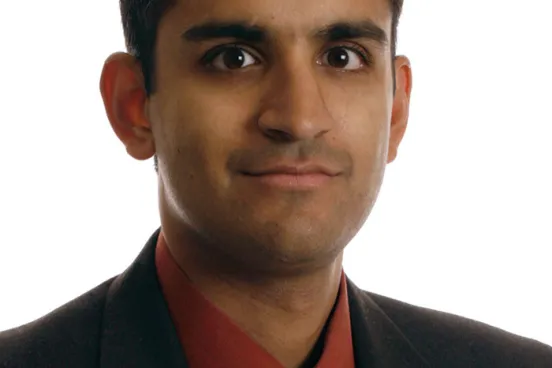
@UMICHLAW Spring 2014
Sankaran Challenges Michigan’s One-Parent Doctrine
Since his arrival in 2005, Professor Vivek S. Sankaran, ’01, has been working to change Michigan's one-parent doctrine. It states that the court gets jurisdiction over a child based on the finding that one parent is unfit. “My initial reaction was that this is insane, this idea that you can take children away from both parents based solely on findings against one,” he says.
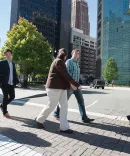
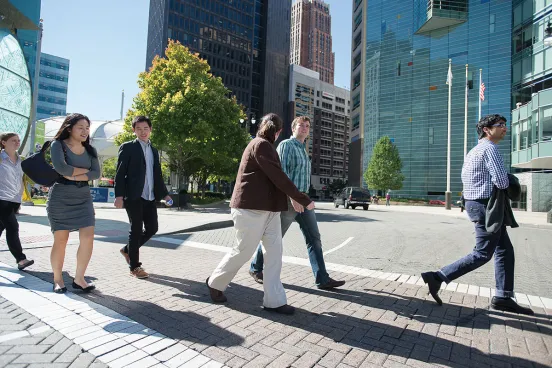
Cover Story Spring 2014
Katy Locker, ’02: Boosting Quality of Life in Detroit
Katy Locker, ’02, likes being part of the conversation about making a difference in her community. And she gets to do just that as the Detroit program director for the John S. and James L. Knight Foundation, which provides grants for ideas that promote quality journalism and media innovation, engage communities, and foster the arts.
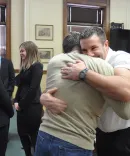
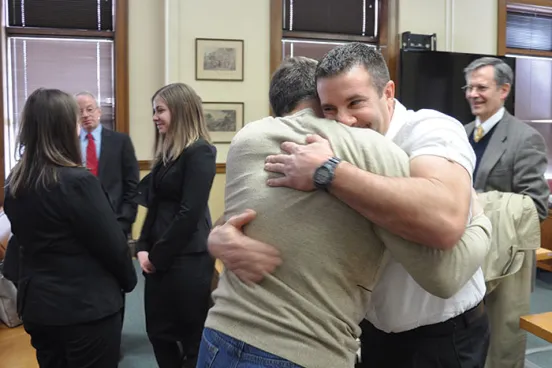
Briefs Spring 2014
Michigan Innocence Clinic Client Exonerated From Arson Conviction
Victor Caminata, the Michigan Innocence Clinic client whose arson case was featured in the fall 2013 issue of the Law Quadrangle, was exonerated in January.
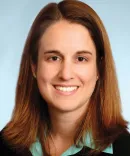
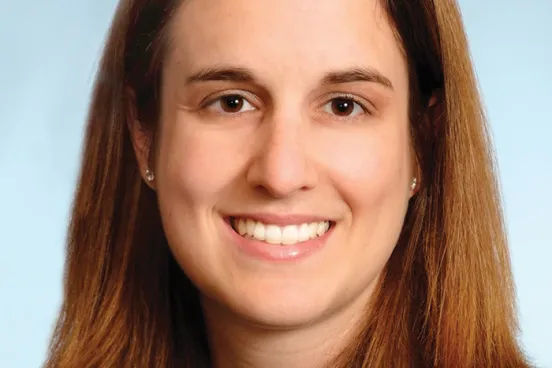
Impact Spring 2014
Nicole Allen, ’08: “A Powerful Network”
“Michigan has given me incredible professional opportunities and keeps me connected to my family and classmates,” says Nicole Allen, ’08, an associate at Jenner & Block in Chicago. “Since Michigan attracts smart, well-rounded people doing different, interesting things, it’s a powerful network.”


Cover Story Spring 2014
Detroit-based VC Firm Creates Irresistible Opportunity
When Jake Cohen, ’13, heard about a venture capital firm that would invest in early-stage technology companies based in Detroit, he couldn't pass it up. “This was a once-in-a-lifetime opportunity.”
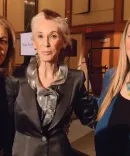
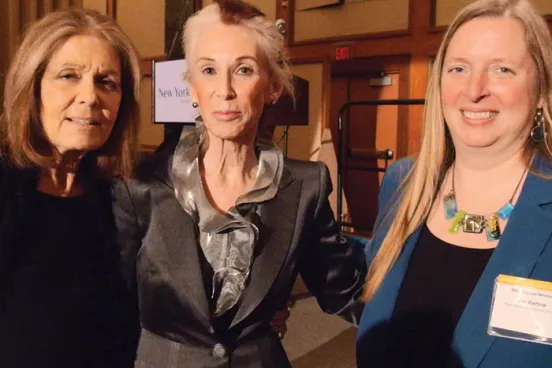
@UMICHLAW Spring 2014
MacKinnon Wins Ruth Bader Ginsburg Lifetime Achievement Award
This year, the Association of American Law Schools’ (AALS) Section on Women in Legal Education recognized Professor Catharine A. MacKinnon with the Ruth Bader Ginsburg Lifetime Achievement Award. MacKinnon, the Elizabeth A. Long Professor of Law at U-M and the long-term James Barr Ames Visiting Professor of Law at Harvard, is only the second woman to receive the honor, after Supreme Court Associate Justice Ginsburg herself.
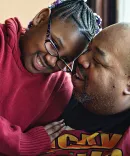
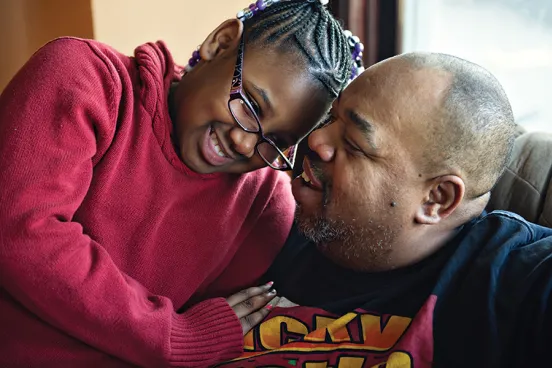
Features Spring 2014
Detroit Center for Family Advocacy: Keeping Families Together
The Detroit Center for Family Advocacy (CFA), founded by Vivek Sankaran, ’01, a clinical professor of law in the Law School’s Child Advocacy Law Clinic, works like this: An attorney from the center partners with a social worker and family advocate to remove legal barriers and safety risks that otherwise might cause a child to be put in the foster care system.
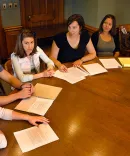
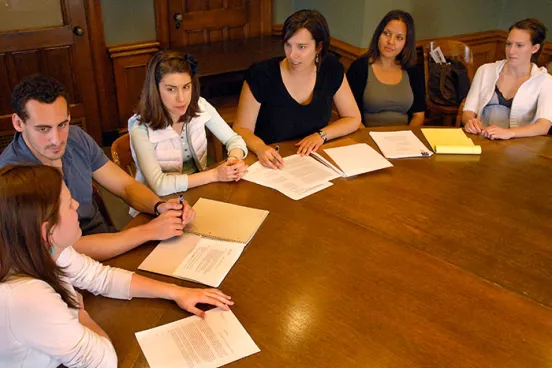
Briefs Spring 2014
Human Trafficking Clinic Wins $500,000 Grant from DOJ
The Law School’s Human Trafficking Clinic (HTC) has been awarded a $500,000, three-year grant from the Department of Justice (DOJ) to fund a partnership between the clinic and domestic violence and sexual assault services.

